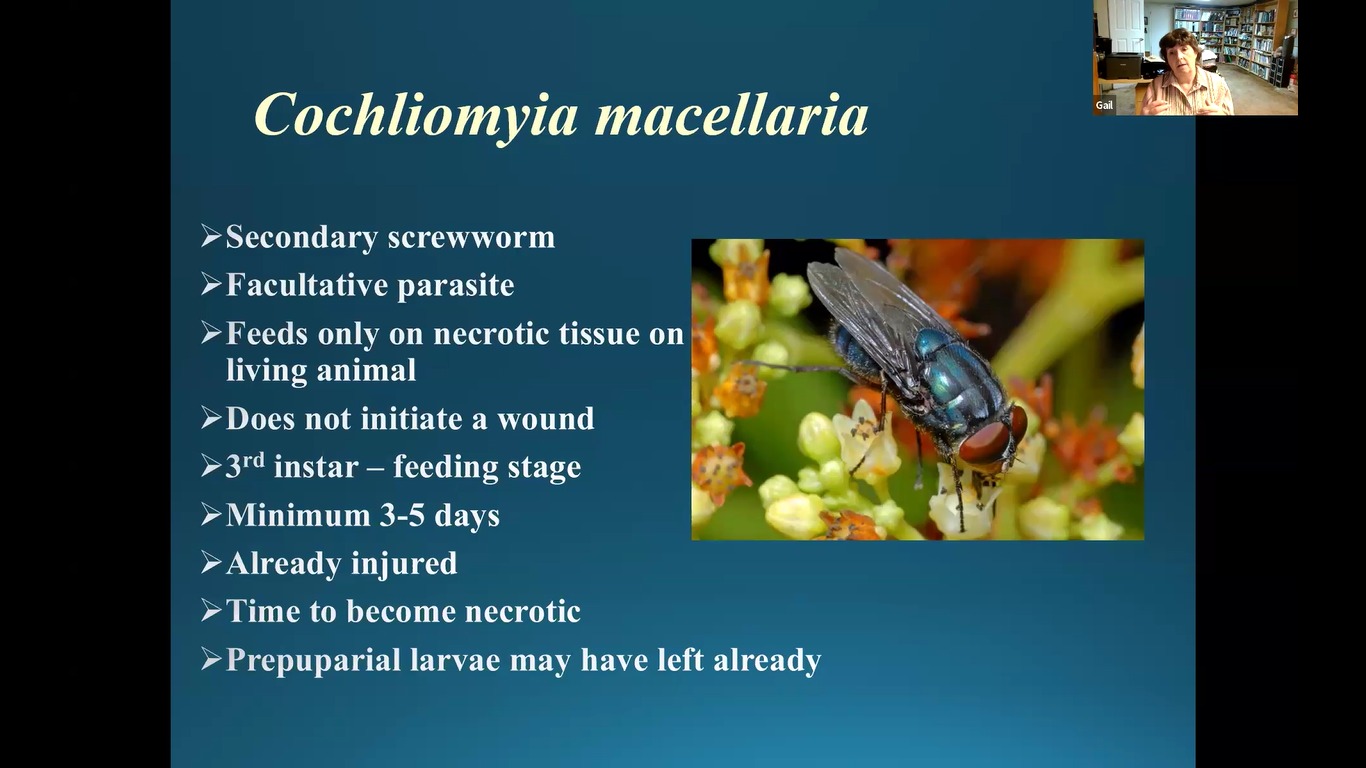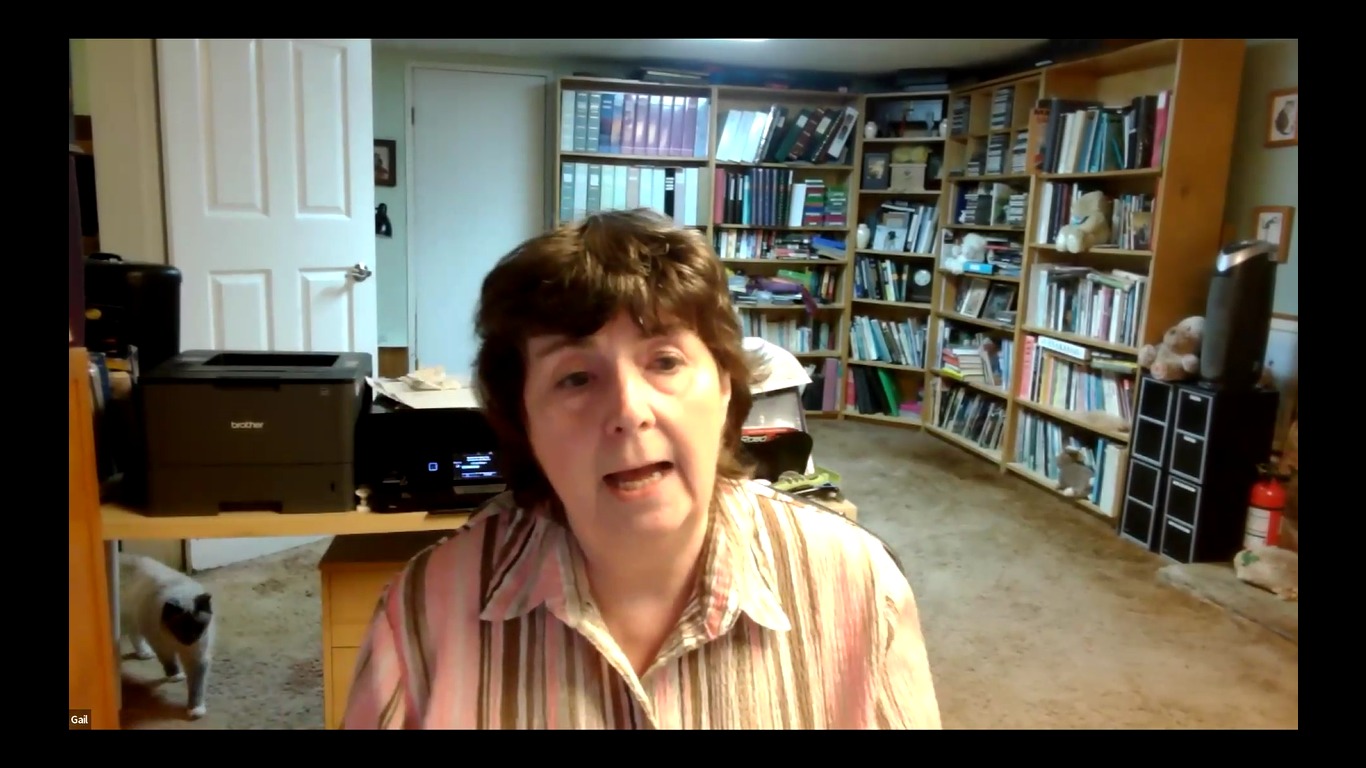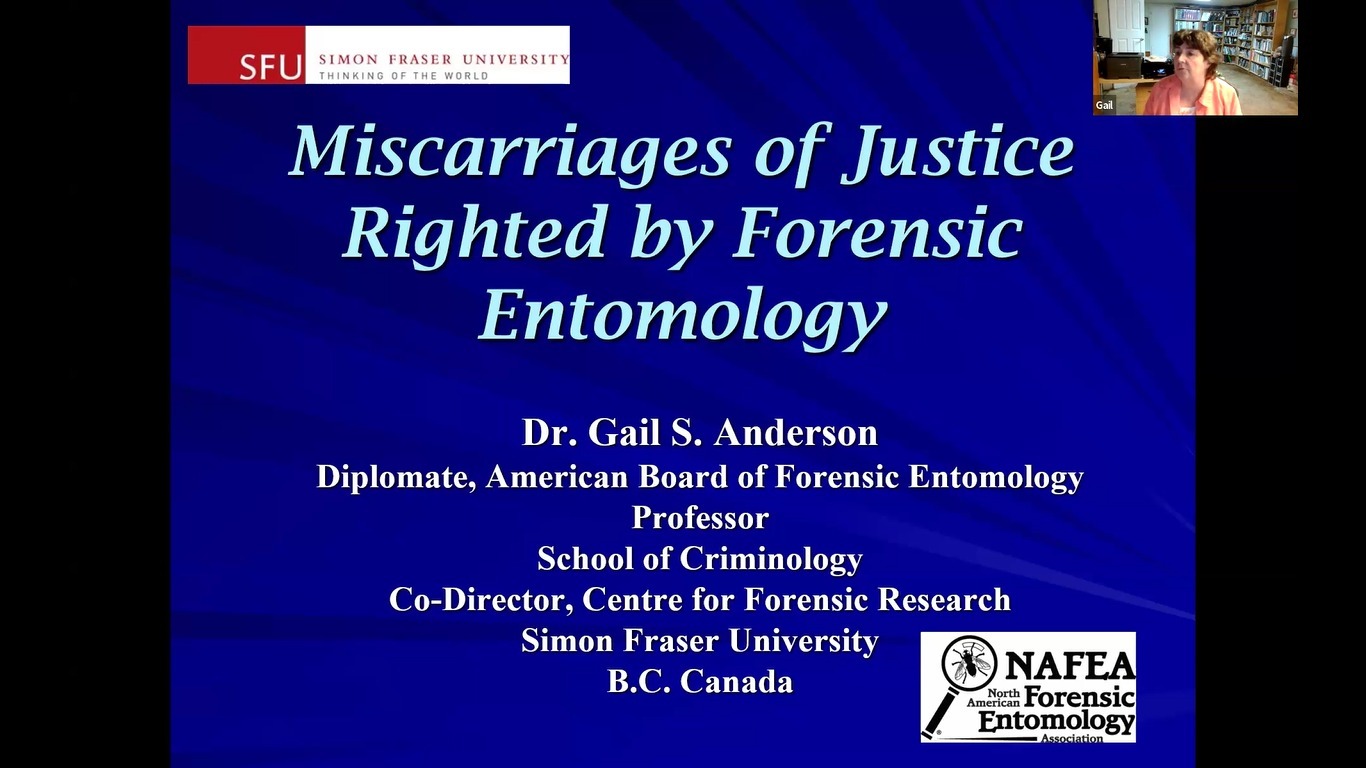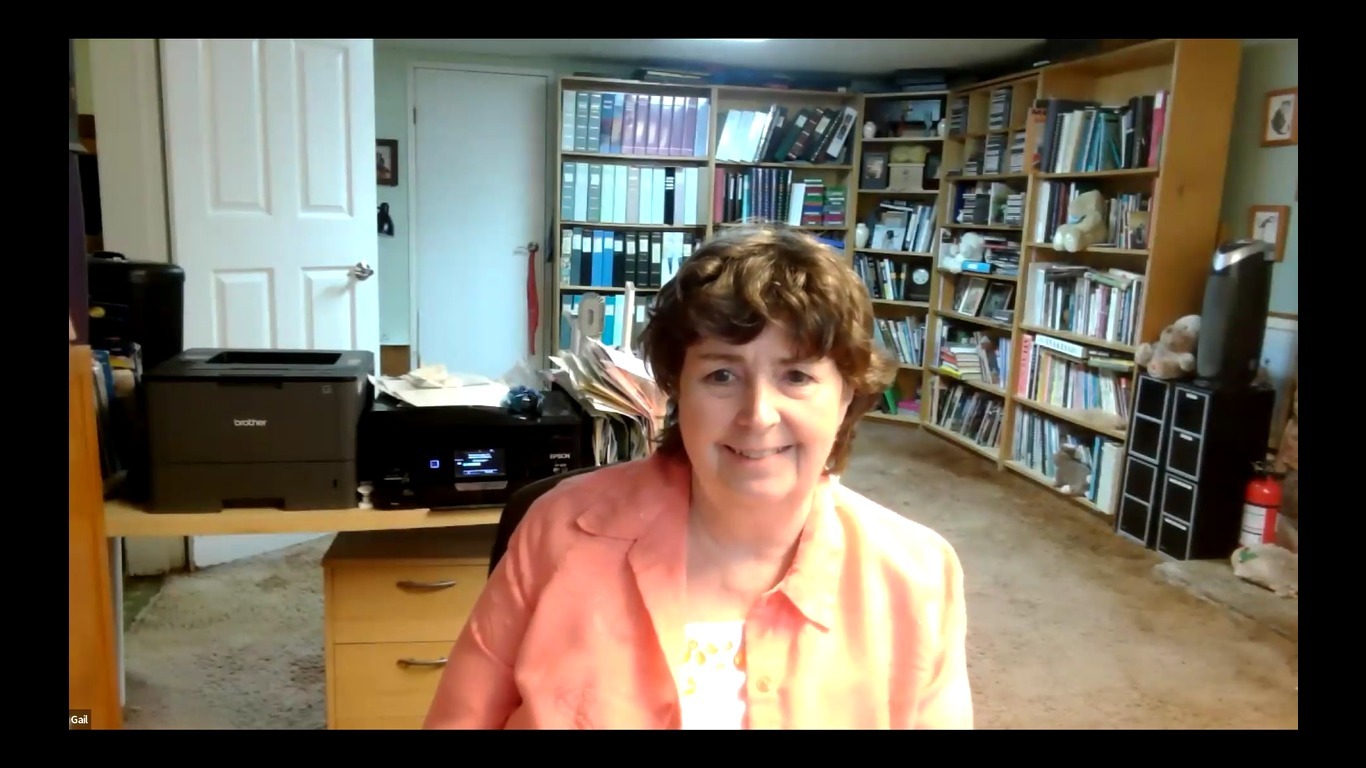The Master’s Program in Biology at Diponegoro University (UNDIP) held an international general lecture titled “An Overview of Forensic Entomology and Case Studies of Miscarriages of Justice Resolved Through Forensic Entomology” on Thursday, April 24, 2025. The event took place virtually via Zoom Meeting and featured renowned forensic entomologist Prof. Gail S. Anderson, Ph.D., from Simon Fraser University, Canada, as the keynote speaker. Moderated by Rully Rahadian, S.Si., M.Si., Ph.D., Head of the Ecology and Biosystematics Laboratory, the session was attended by 37 participants consisting of students and faculty members.
The session was officially opened by Dr. Eng. Adi Wibowo, S.Si., M.Kom., Vice Dean for Resources at the Faculty of Science and Mathematics, UNDIP. In his remarks, he highlighted the relevance of forensic entomology within the context of academic learning and research at the graduate level, while also expressing hopes for future research collaborations with Simon Fraser University.

In her presentation, Prof. Anderson delivered an engaging and comprehensive lecture on the fundamentals and applications of forensic entomology, a scientific discipline that utilizes insects as investigative tools in legal contexts. She explained how insects can be used to estimate the Post-Mortem Interval (PMI)—the time since death—through analysis of larval age and development stages, as well as through successional ecology, the study of species colonization patterns on decomposing remains. She emphasized that the accuracy of PMI estimation depends on several factors, including ambient temperature, insect species involved, and specific microhabitat conditions.

Beyond human criminal investigations, Prof. Anderson also demonstrated the application of forensic entomology in addressing wildlife crimes. Cases involving illegal poaching, trafficking of animal body parts, and poisoning of protected species can be investigated using entomological methods. This showcases the broader impact of forensic entomology—not only in the field of criminal justice, but also in efforts to conserve biodiversity.

The program continued the following day, Friday, April 25, 2025, with a more in-depth mini-workshop attended by 27 participants. In this session, Prof. Anderson examined four case studies of miscarriages of justice in Canada that were successfully overturned through the application of forensic entomology.
One of the primary cases discussed was that of Steven Truscott (1959), who was wrongfully convicted and exonerated after 48 years, in 2007. In this case, modern analysis revealed that the estimated time of death provided by the pathologist at the time was inaccurate, and that the critical role of entomological evidence had not been adequately utilized.
Prof. Anderson emphasized the importance of scientific objectivity in forensic practice and the necessity of relying on empirically based, peer-reviewed data rather than assumptions or personal experience. She also discussed the role of forensic entomology in other notable cases, such as those of Kennedy Brewer and Kirstin Lobato, where this method contributed to correcting inaccurate estimations of time of death and strengthening the defendants’ alibis.
The discussion session was highly interactive, with participants raising questions regarding the challenges of applying forensic entomology in tropical regions, including the limited availability of temperature data and information on the development rates of local insect species. The speaker highlighted the urgent need to establish a database of indicator species in Indonesia to support the advancement of this field.

Through this Visiting Professor Program, participants gained not only profound insights into the application of forensic entomology within the legal system but also explored opportunities for future research collaboration between UNDIP and Simon Fraser University. This event stands as a concrete step toward academic internationalization and the strengthening of student and faculty competencies in the increasingly strategic field of forensic biology in the modern era.
[FSM Public Relations]

